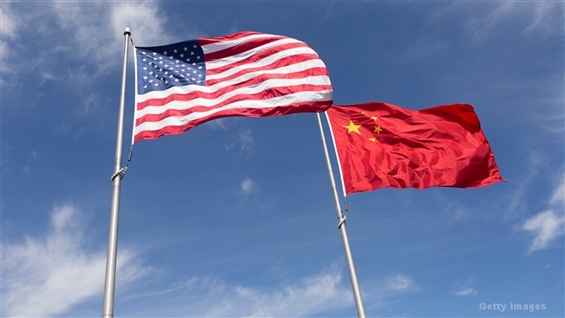
Latest Search


Quote
| Back Zoom + Zoom - | |
|
<Research>UBS: Risk of CN ADR Delisting in US More Manageable Than Past; Mkt Eyes US-CN Uncertainty
Recommend 23 Positive 50 Negative 23 |
|

|
|
|
UBS report noted that U.S. Treasury Secretary Scott Bessent mentioned the delisting of Chinese ADRs in the U.S. as a potential condition in trade negotiations. Despite delisting fears in 2021 and 2022 causing an average 22% slump in Chinese ADRs, UBS expected the situation to be more manageable this time. Many large-cap Chinese ADRs have dual listings in Hong Kong, with Hong Kong holdings hiking 30 ppts over three years to nearly 60% of market cap, and Southbound Stock Connect investors considerably increasing their share in Hong Kong’s market. However, short-term uncertainty in U.S.-China relations may exert pressure on these stocks. UBS anticipated several impacts from potential delistings, including reduced U.S. market access, lower trading volumes, heightened concerns over U.S.-China financial decoupling, and potential valuation impacts due to a smaller investor base and lessened liquidity, though these are hard to quantify. Previous delisting risks arose from new US SEC standards under the Holding Foreign Companies Accountable Act (HFCAA) and BABA-W (09988.HK)’s inclusion on a potential ban list in March 2022. Based on past experience, the most affected Chinese ADRs are those without dual listings, with high debt ratios and negative cash flow, such as electric vehicle and data center firms, and small-cap stocks. UBS also forecast the U.S. priority investment policy to target companies with Variable Interest Entity (VIE) structures. AAStocks Financial News |
|
